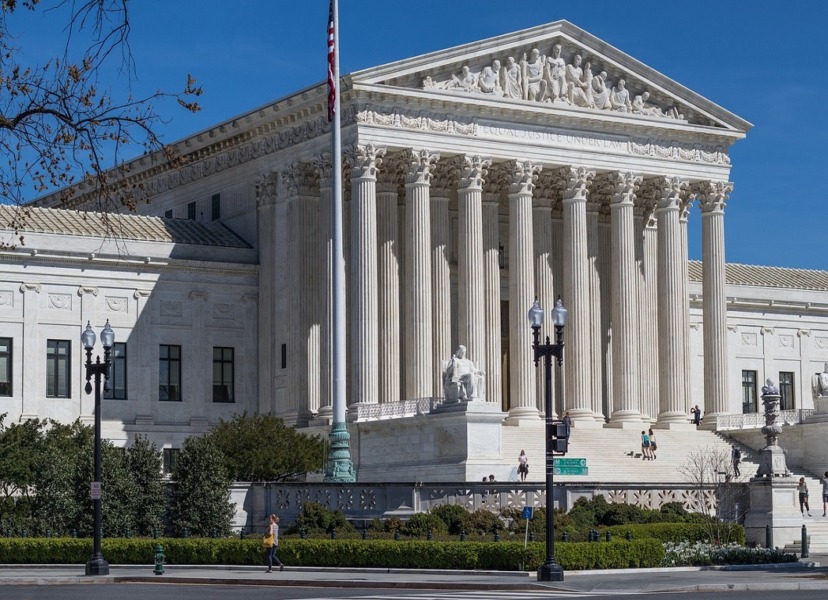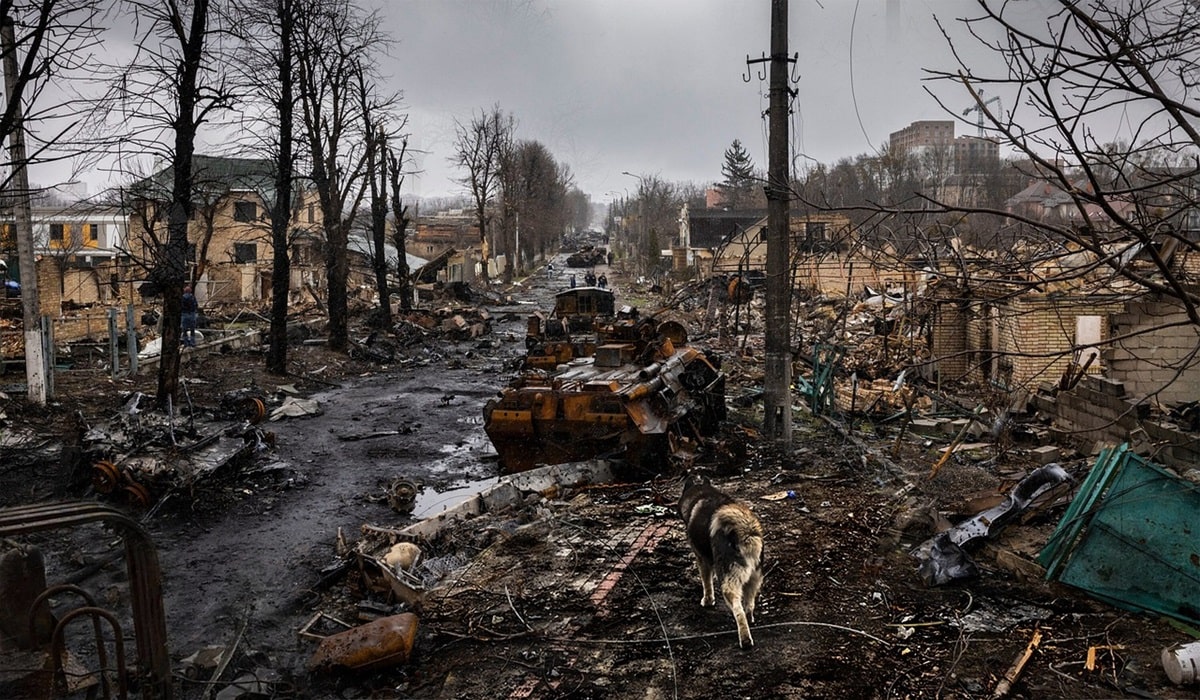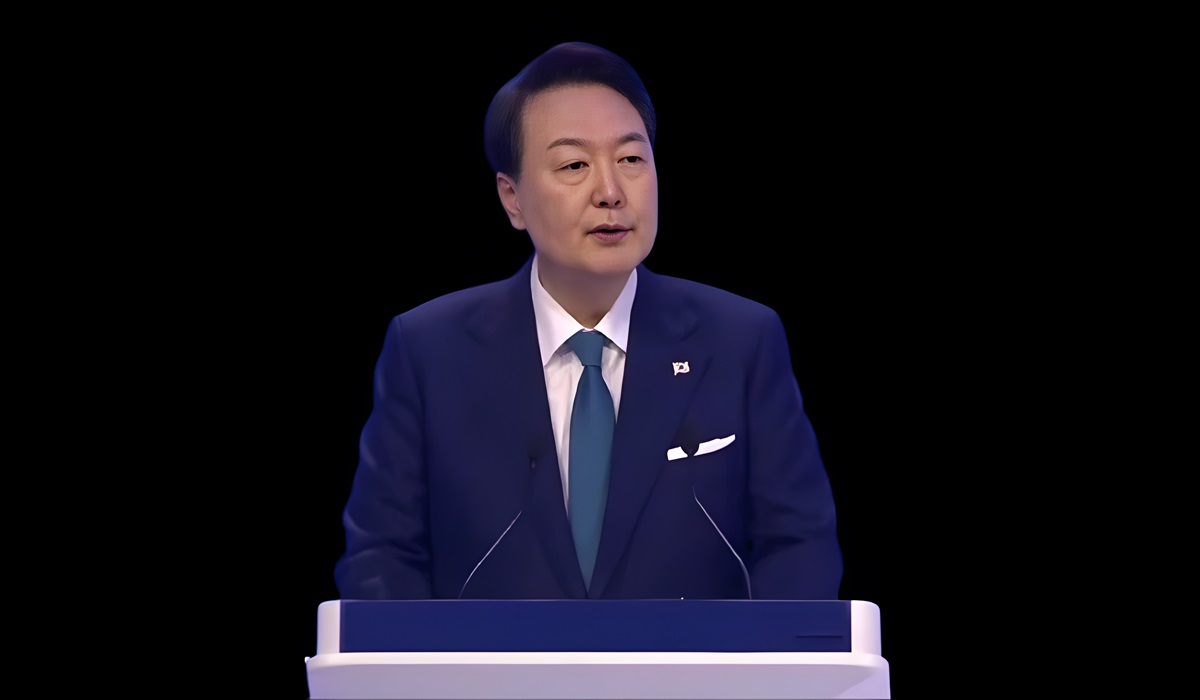Indigenous Water Inequity: Supreme Court Fails to Uphold Navajo Treaty Rights For Clean Water
- TDS News
- Breaking News
- U.S.A
- Western USA
- June 23, 2023

In a 5 to 4 decision yesterday, the United States Supreme Court ruled against the Navajo Nation in a case centred on the tribe’s pursuit of securing more water for its people. This ruling brings attention to the pressing issue of inadequate access to clean water on indigenous lands in the United States. Similar cases have also unfolded in Canada, highlighting indigenous communities’ shared challenges.
The case delved into the complex relationship between the federal government, the Navajo Nation, and the rights established in the 1868 treaty. While the Supreme Court deemed that reservations were initially provided with sufficient water, the Navajo Nation requested an assessment of the water required. Unfortunately, the court upheld the government’s ruling, asserting that its role is to interpret, not rewrite, the law. However, the core issue goes beyond legal interpretations – it questions why any government must be taken to court to ensure clean drinking water, a fundamental right for all indigenous peoples.
“Indian water rights are based on sovereignty,” he added. “Our Treaty of 1868 and Winters doctrine, saying we Navajo tribe should have basic necessity to provide for a permanent homeland.” Said Navajo Nation President Jonathan Nez
Regardless of the specifics of the treaty or legal interpretations, access to clean drinking water should be recognized as a fundamental right for all Indigenous peoples. It is disheartening that such necessities are subject to legal battles while other laws, such as those concerning gun rights, are often interpreted to benefit citizens to the fullest extent. If laws can be interpreted in favour of gun-carrying citizens, in that case, it should not be a stretch to extend the same consideration to laws regarding access to necessities like water.
In a statement given to NBC by Andrew Curley, a University of Arizona Professor on the ruling, he said: “It’s not surprising that the Supreme Court, a colonial court, would side with a colonial government. The power is stacked against tribes in this scenario.”
At its core, this issue boils down to priorities and allocation of resources. While trillions of dollars are allocated towards war efforts, the pressing need for clean water on Indigenous reservations appears largely neglected. This disparity highlights a significant problem within society and the government’s approach to addressing the needs of its citizens. The government must shift its priorities and allocate adequate resources to ensure that clean water becomes a universal necessity for all Indigenous peoples.
Similar struggles for clean water have plagued Indigenous communities in Canada for centuries. It is worth noting that the Canadian government has taken steps to address this issue by making significant strides toward ending boiled water advisories on all Indigenous reservations. Although changes are happening, many leaders across the spectrum have questioned the speed of the change. That being said, this positive development serves as an example of how governments can work to rectify historical injustices and prioritize the well-being of indigenous communities. The United States government should follow suit and take the necessary measures to ensure clean water access for all Indigenous people within its borders.
The Supreme Court’s ruling against the Navajo Nation regarding access to clean water sheds light on the urgent need to address this fundamental right for all Indigenous people. Legal interpretations and treaty specifics aside, it is essential that governments prioritize the well-being of their citizens by ensuring access to clean water. The current disparity, where trillions of dollars are spent on war while necessities are lacking, calls for a shift in priorities and allocation of resources. Taking lessons from Canada’s progress in addressing boiled water advisories, the United States government should prioritize water for Indigenous communities, recognizing that no major city or state should be left without clean water, regardless of their population or significance.








